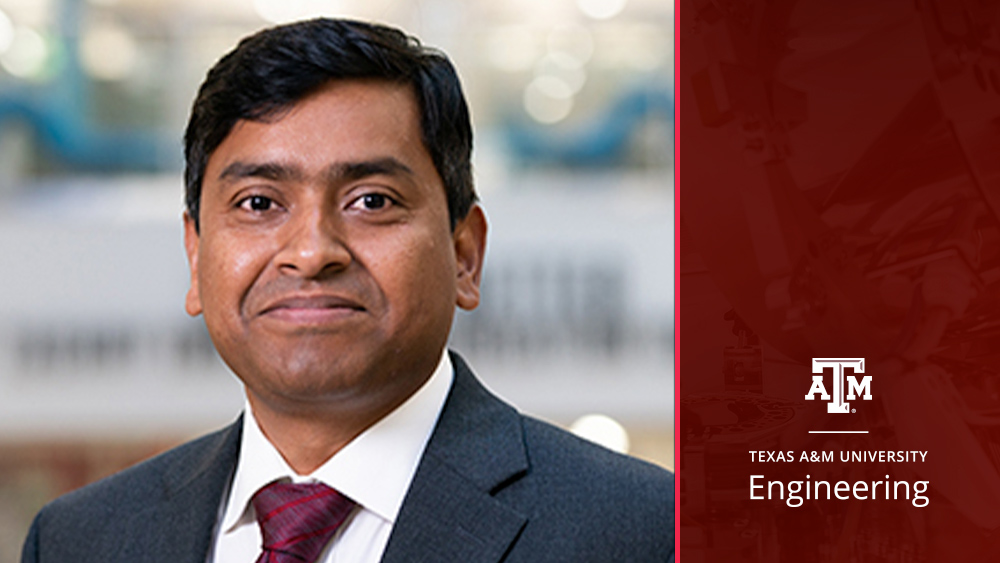
Earlier this year, Dr. Faruque Hasan was appointed to a national committee on “Atmospheric Methane Removal: Development of a Research Agenda.”
This prestigious appointment recognizes his expertise as a thought leader in this area.
“This committee will explore different possibilities and technological pathways for methane removal to achieve net-zero greenhouse gas emissions. My research is relevant to this because I also work on how we reduce greenhouse gas emissions from the energy and chemical manufacturing sectors,” said Hasan, associate professor in the Artie McFerrin Department of Chemical Engineering.
The committee was formed by the National Academies of Sciences, Engineering and Medicine with the idea to bring industry and academic experts together to identify different options for removing methane from the atmosphere.
According to the National Academies website, the committee will consider the need and viable options for atmospheric methane removal. Their study will examine opportunities, risks and co-benefits of different atmospheric methane removal approaches and make recommendations for new research that would improve understanding of these technologies and their implications.
“Methane is more potent than carbon dioxide as a greenhouse gas,” Hasan said. “A lot of focus has been given on carbon dioxide, but not much on methane.”
The committee members are looking into the technical challenges of removing the methane, technology, methods of removal and experiments, and what the consequences will be if it’s not removed.
“Removing methane from the atmosphere is a technologically challenging area,” Hasan said. “There are many open questions. We need to explore ways we can improve our understanding of atmospheric methane removal.”
With research interests in decarbonization, systems and techno-economic analysis, sustainable hydrogen economy, and carbon dioxide capture and utilization, Hasan’s work is suited to the committee’s goal.
“It's important for me that my research is relevant to this,” Hasan said. “My group focuses on developing decarbonization processes and pathways, addressing the techno-economics of different technology options and identifying which are optimal for improving the sustainability of our energy and chemical sectors.”
Other factors that will be reviewed include environmental factors, policies and perception, among others.
The first meeting, held in April, included members of the industry, academia and nationwide experts. At the conclusion of the committee study, the members will look to address new practices and policies for the research of removing methane.